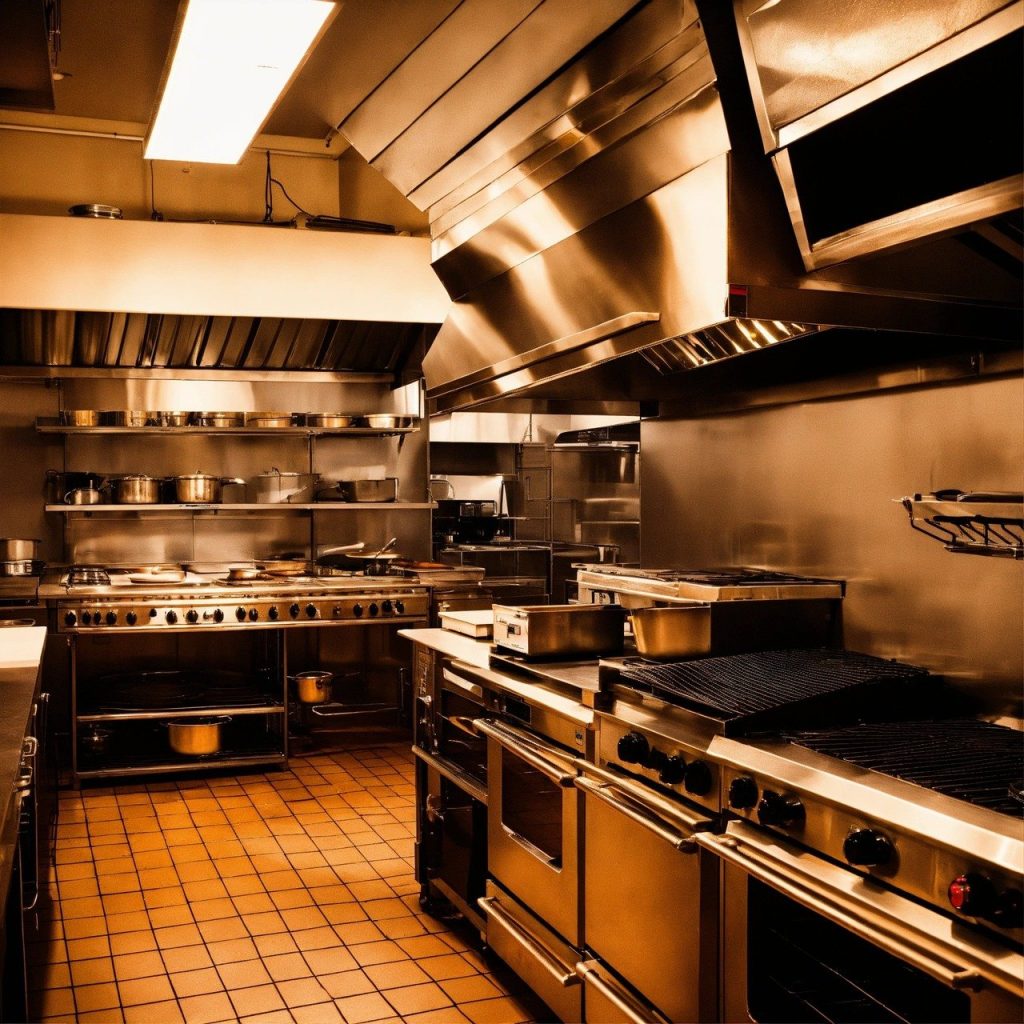All fields are required
Posted in Our Blog,Salmonella on October 17, 2024

With restaurant Salmonella outbreaks hitting the news lately, a common question keeps popping up. How often are Salmonella outbreaks caused by food workers and how exactly does it happen?
The answer is simple, yet scary.
According to a study published in the Center for Disease Control and Prevention (CDC) Morbidity and Mortality Weekly Report (MMWR), 40% of outbreaks that could be traced back to a common source were caused by a factor involving a sick food worker.
Here’s what we know about how often Salmonella outbreaks are caused by food worker and how they happen.
A study involving 800 foodborne illness outbreaks across 875 food establishments between 2017 and 2019 shed light on the connection between sick food workers and foodborne illness.
40% of Restaurant Outbreaks Linked to a Sick Food Worker
“Approximately 40% of outbreaks with identified contributing factors had at least one reported factor associated with food contamination by an ill or infectious food worker.”
That is a significant percentage!
The remaining 60% involved improper temperature control, internal cooking temperature, contaminated ingredients, and other factors.
But how many of those food worker-originating outbreaks involve Salmonella?
While the top spot goes to norovirus, Salmonella makes up nearly 20%.
18.6% of Restaurant Outbreaks Caused by Food Workers Involves Salmonella
At about a fifth of all infected food worker-related outbreaks, Salmonella outbreaks caused by food workers is a major concern.
A robust policy to reduce the risk of Salmonella outbreaks caused by food workers is necessary in restaurant kitchens and all food service establishments. While the majority of managers interviewed during this study believed their plans and policies were sufficient, certain key components and supporting activities were missing. Leading to potential loopholes that endanger patrons dining at their establishment.
During the study, investigators interviewed 725 managers from restaurants involved in foodborne outbreaks.
Most (91.7%) explained their establishment had a policy requiring food workers to notify their manager when they were ill. Only 66% of these policies were actually in writing. A mere 23% actually included all five illness symptoms that required manager notification. Those symptoms include vomiting, diarrhea, jaundice, sore throat with fever, and lesion with pus).
Most (85.5%) explained that their establishment had a policing restricting or excluding sick workers from working. Only 62.4% of these policies were actually in writing.
A scant 16.1% of restaurants with outbreaks addressed all four components of a complete policy for ill or infectious workers.
These minimum requirements include:
Contamination from an infected food worker can happen in a variety of ways. Most of these, including excluding a sick food worker from actively working with food, can reduce the spread of Salmonella illness.
In some cases, a food worker may not realize they are sick. If appropriate food handling procedures and food safety activities are observed, the risk for unknowingly passing on the illness is reduced.
While some Salmonella outbreaks are associated with contaminated raw food or cross contamination of ingredients, sick food workers are a huge risk factor. Bare-hand contact with ready-to-eat food by a food worker suspected to have an infectious illness is a big one!
Nobody wants to work sick. But sometimes people do. Especially when they shouldn’t. For example, an employee preparing food for others with an infectious illness.
There are a lot of reason a sick food worker may report to work.
Loss of pay, no available sick leave, or social pressure (i.e.. not leaving their coworkers “in the lurch”).
While paid sick leave for food workers is ideal, the part-time or contract nature of the position often leaves this benefit out of reach for many. If policies cannot accommodate sick leave, other measures can be in place to ease the burden and reduce the risk of Salmonella outbreaks caused by food worker in restaurants.
Adopting and enforcing a comprehensive written sick worker policy, enhanced worker and manager training, and contingencies such as on-call staffing are needed. Additionally, adopting a food safety culture where absenteeism due to illness is not penalized is a huge must!
Salmonella is a bacterial pathogen that can cause illness in humans.
Symptoms of Salmonella infection can range from mild to severe. Certain groups of people are more likely to become sick after exposure and potentially experience more severe illness. This includes children under 5 years old, adults 65 years or older, and those with a weakened immune system.
Common Salmonella symptoms include:
These symptoms can begin anywhere from 6 hours to 6 days after exposure. Most people recover on their own without medical treatment within 4 to 7 days. For some, however, symptoms may be so severe that additional treatment or hospitalization is necessary.
Contact your healthcare provider if you have:
If you have become sick from Salmonella outbreaks caused by food workers and wish to make a legal claim, The Lange Law Firm, PLLC can help.
You need an experienced Salmonella lawyer who has successfully represented people with cases just like yours. Call (833) 330-3663 or email us for a free, no obligation consultation to go over the details of your situation.
By: Heather Van Tassell (contributing writer, non-lawyer)
Notifications